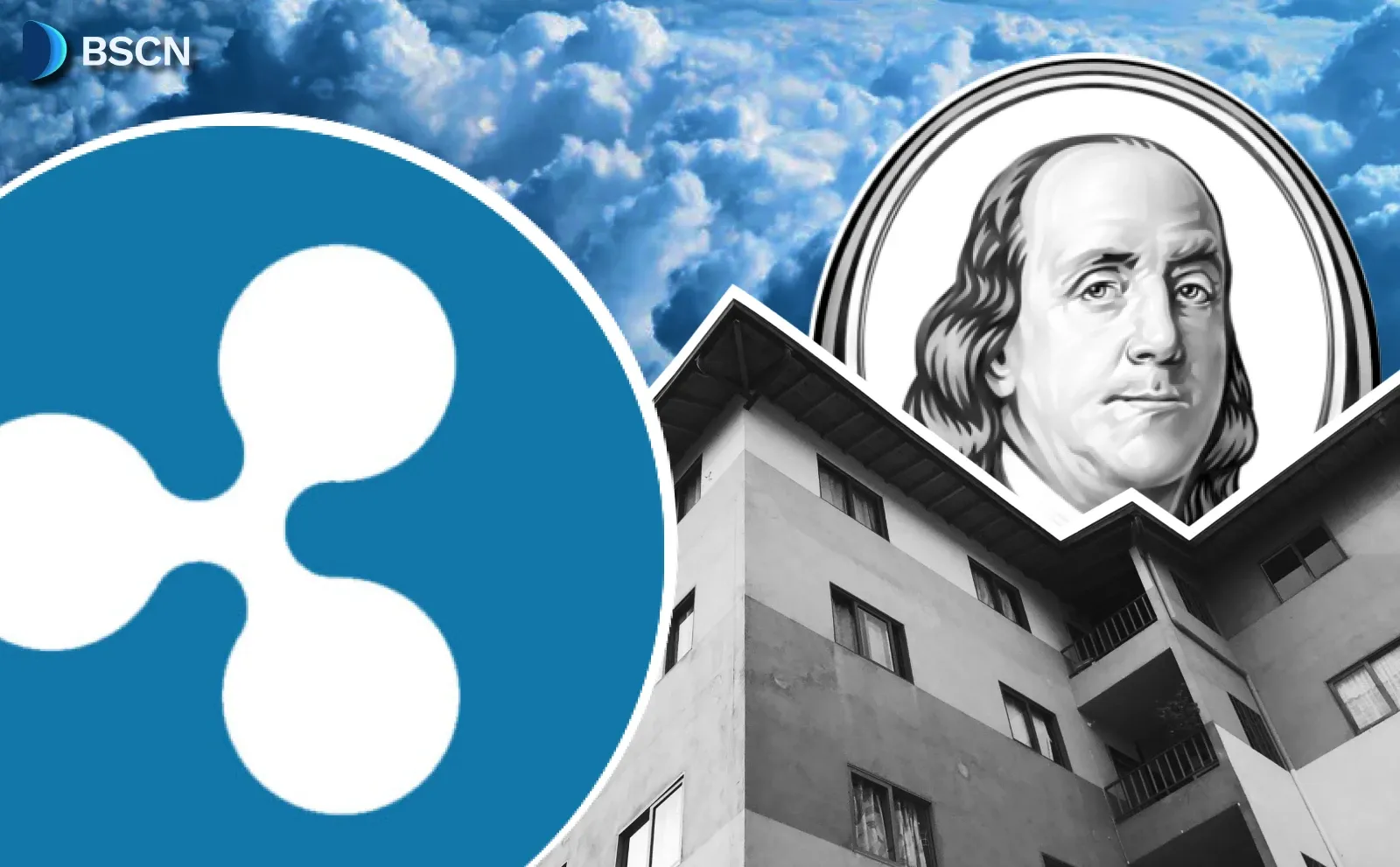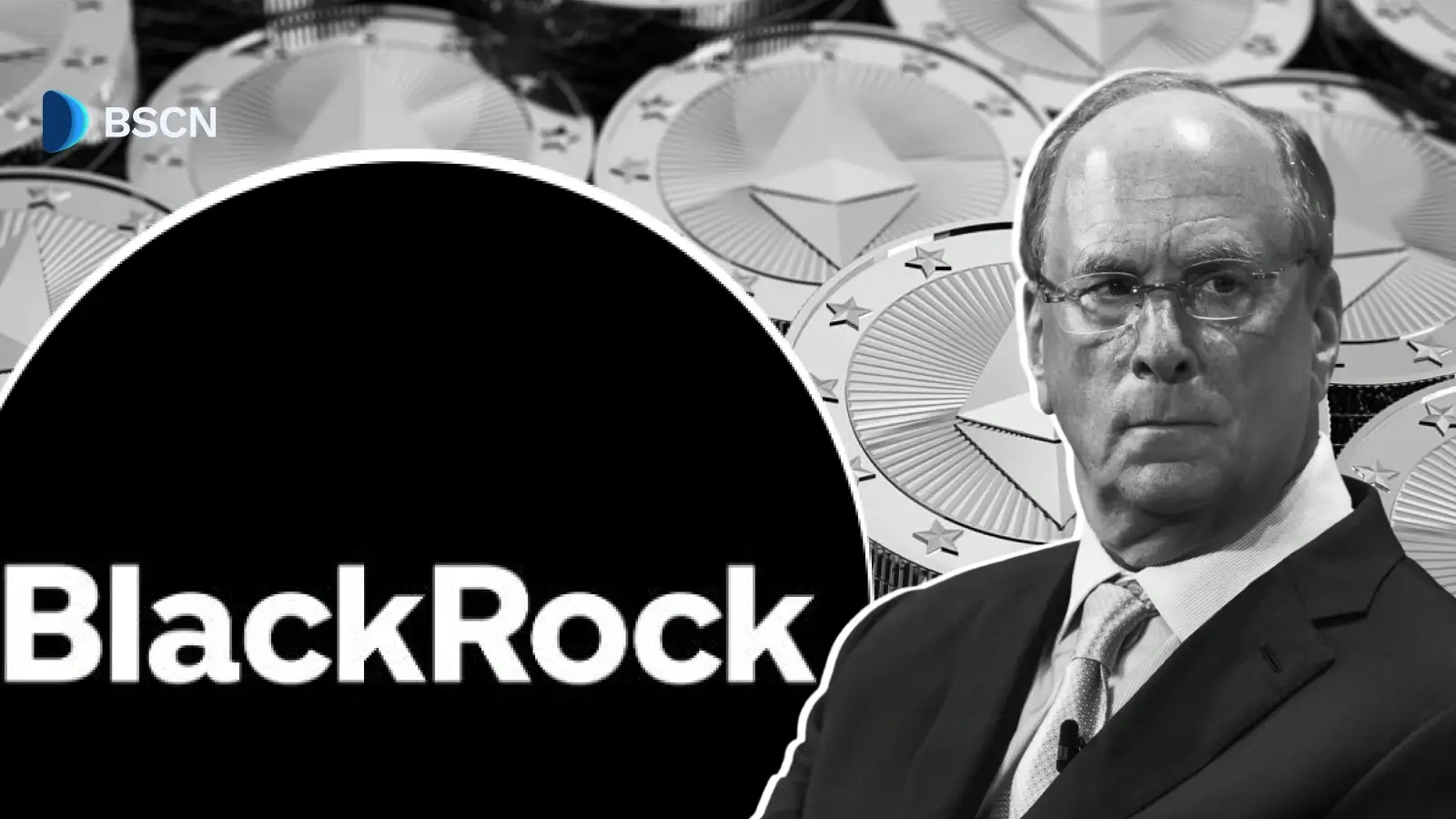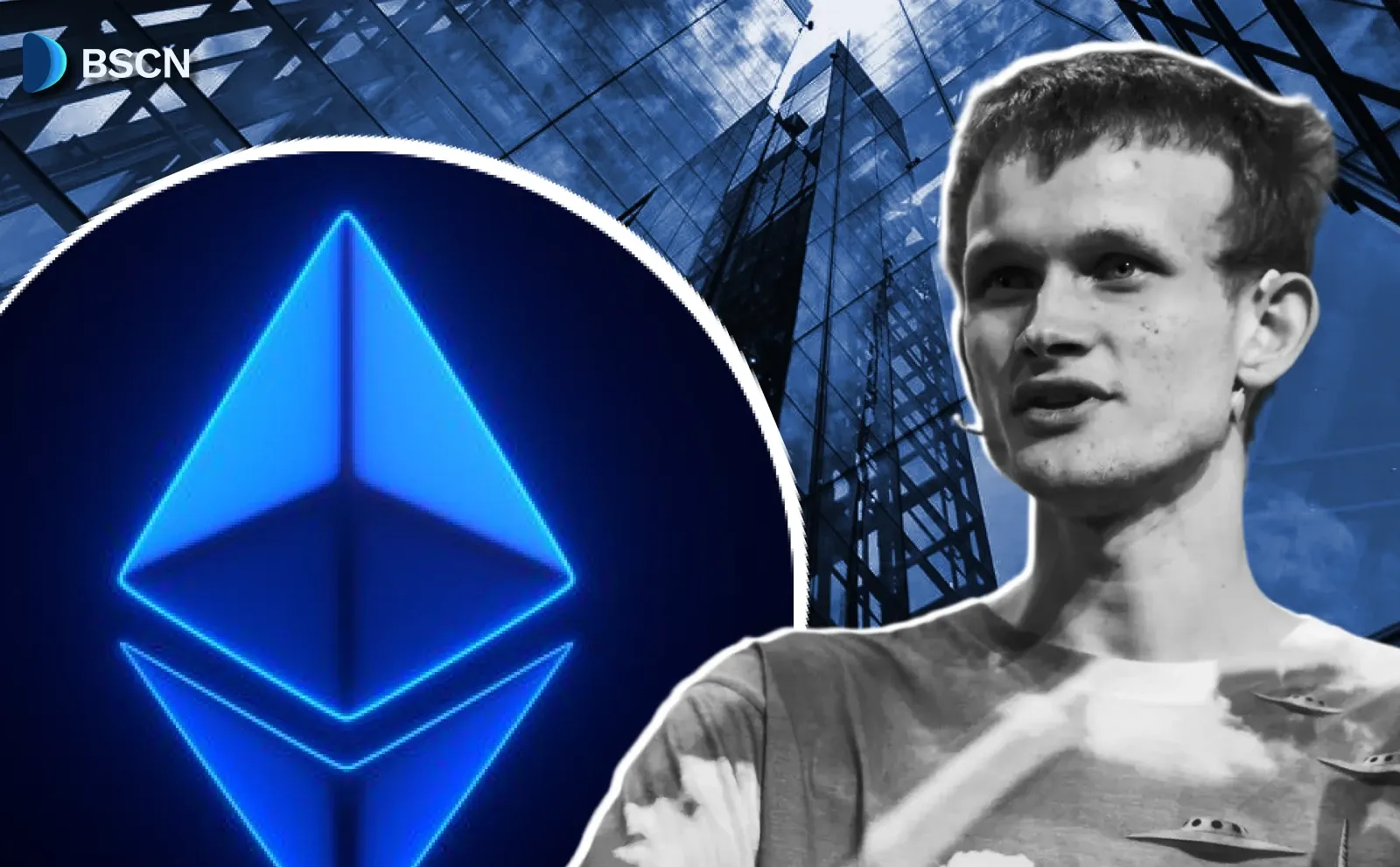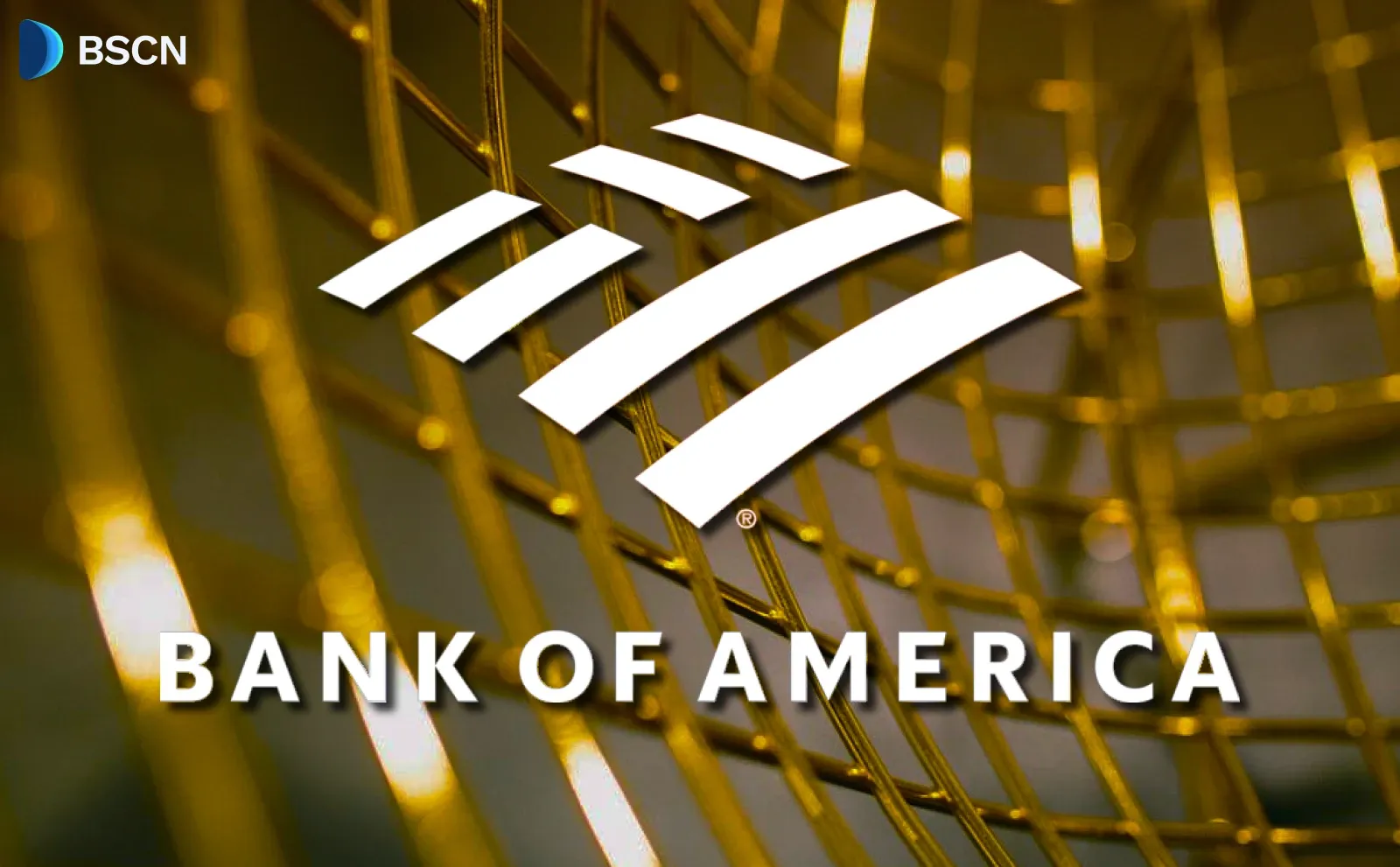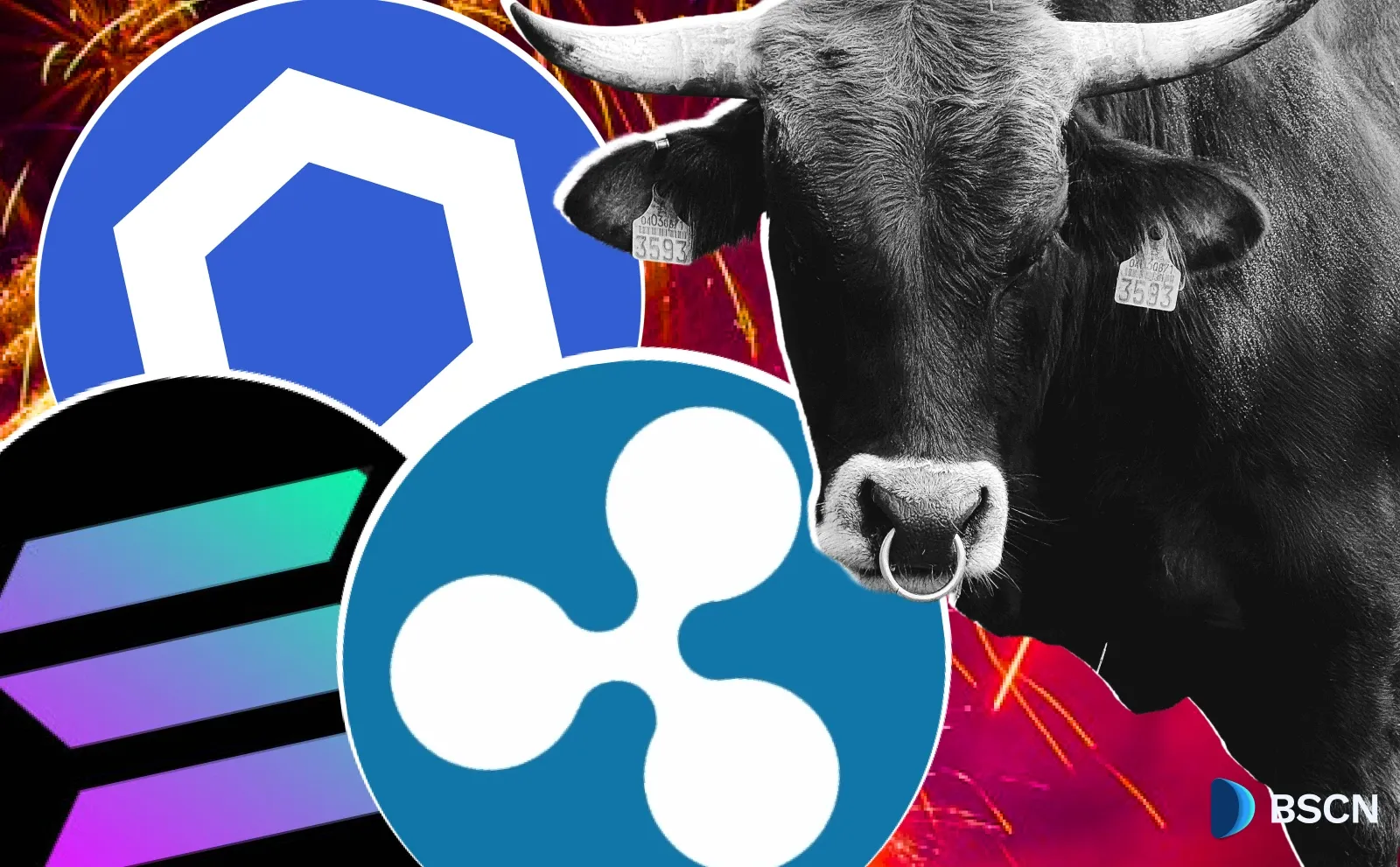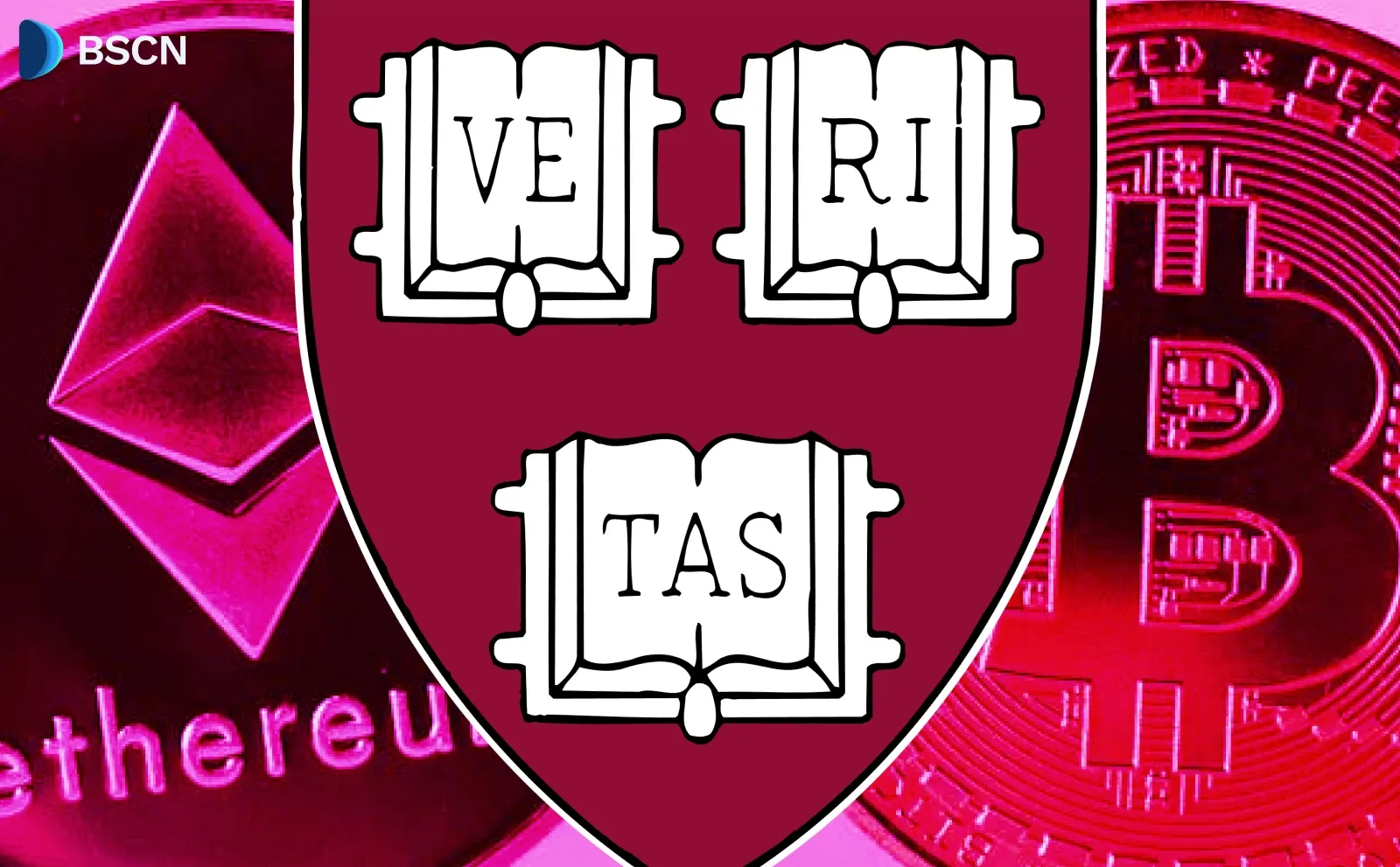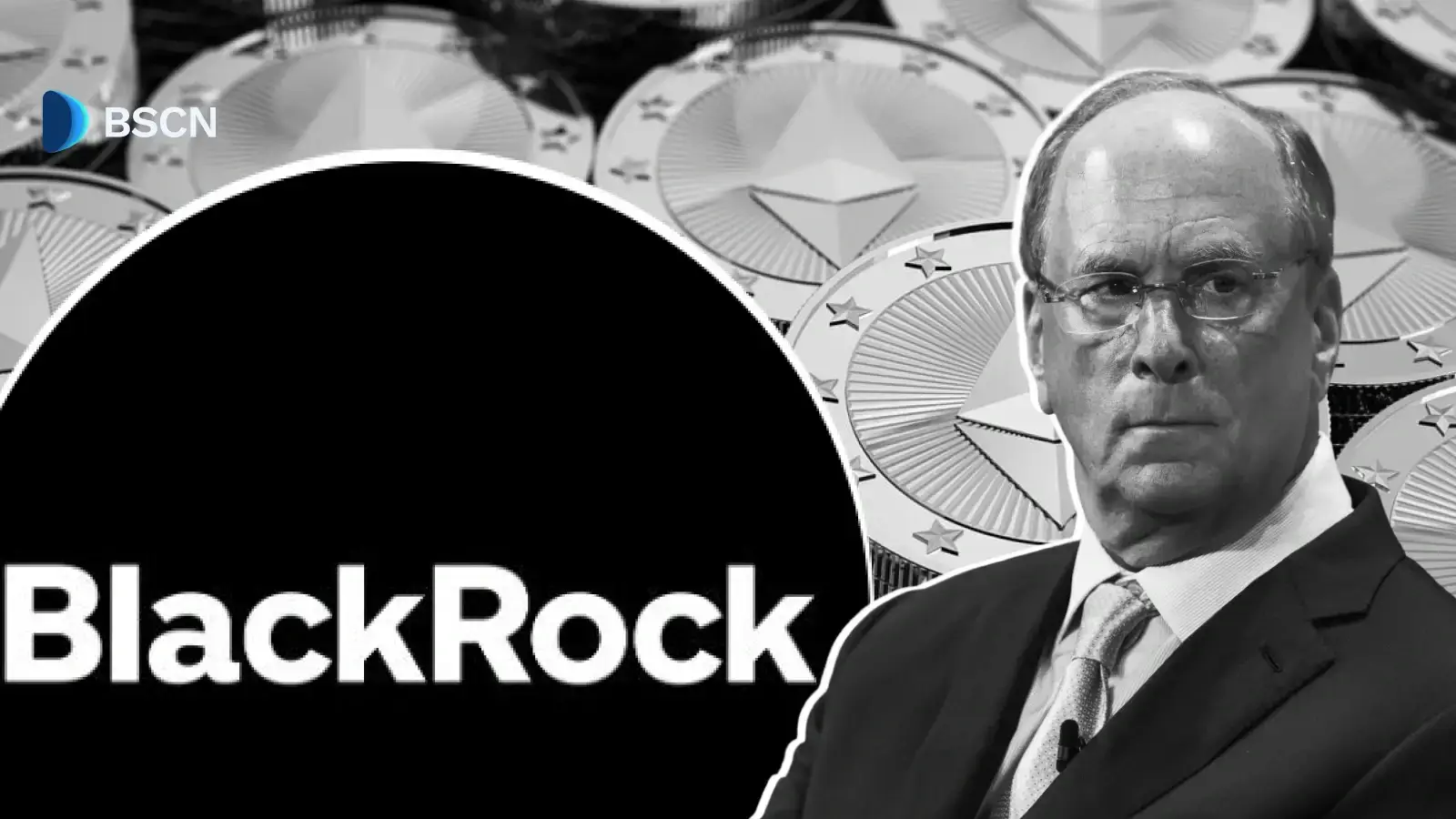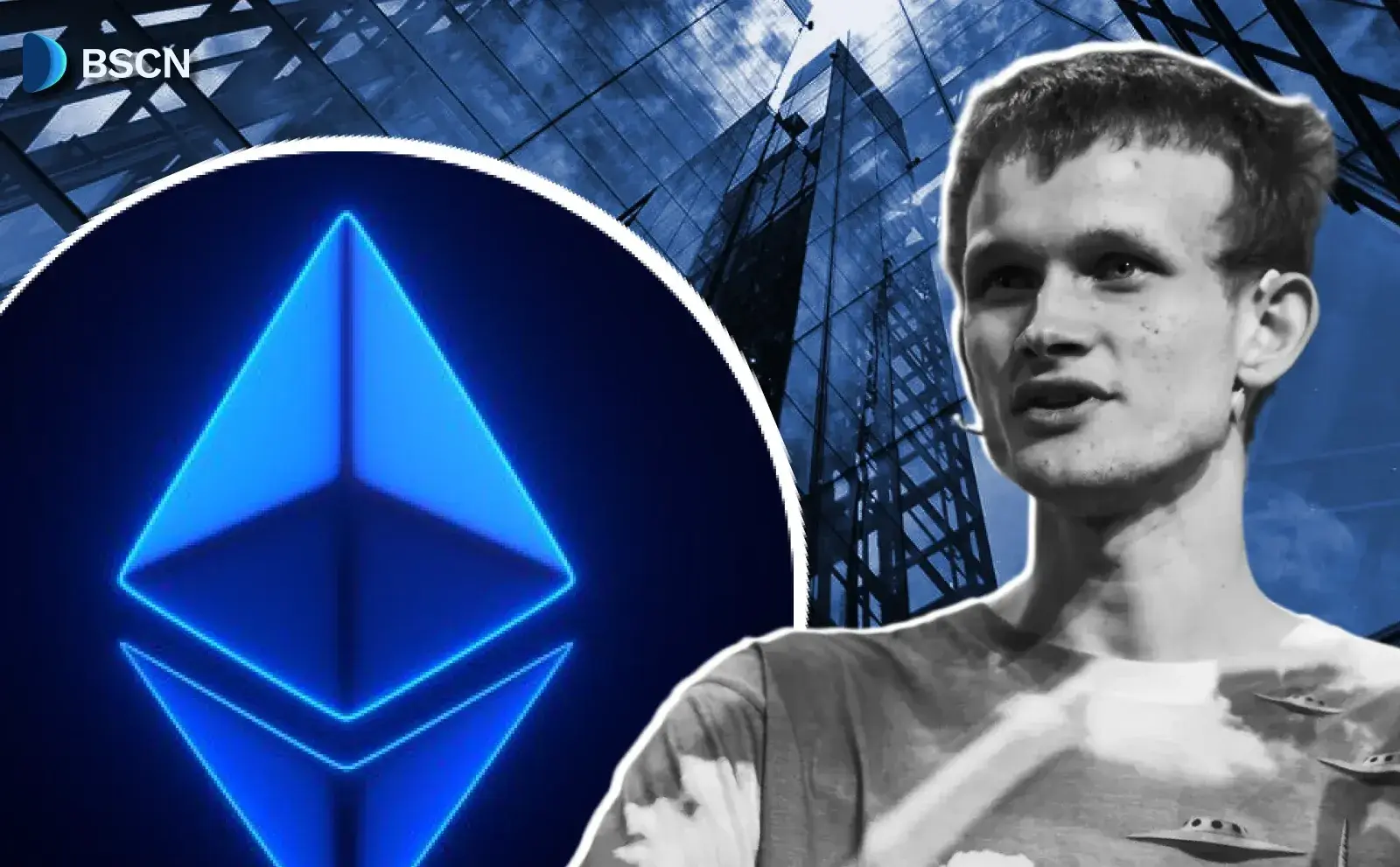Inside ICP: What Recent Advances Has DFINITY Made in the Internet Computer Protocol?

DFINITY's ICP updates enhance storage by 100%, integrate AI models, expand cross-chain capabilities, and improve analytics for decentralized applications.
UC Hope
September 1, 2025
Table of Contents
DFINITY, the organization behind the Internet Computer Protocol (ICP), has released several updates that enhance its blockchain infrastructure, including improvements in storage capacity, identity management, and integrations with other networks.
These developments, shared during the Global R&D update, address key aspects of scalability, security, and interoperability in the blockchain sector, where ICP operates as a decentralized platform for hosting smart contracts and applications.
How Has ICP Expanded Its Storage Capabilities?
The DFINITY Foundation has doubled the replicated state capacity on ICP subnets, achieving a 100% increase through the implementation of new storage layers and optimized checkpointing processes.
This upgrade allows subnets to handle larger volumes of data without compromising performance, supporting more complex applications on the network. In practical terms, developers can now build and deploy canisters, ICP's version of smart contracts, with greater data requirements, such as those involving extensive user records or multimedia storage.
Related to data management, the release of Stable Structures version 0.7 introduces performance gains of up to 98% in speed, along with safer mechanisms for data upgrades. This library update minimizes downtime during migrations and reduces the risk of data corruption, making it easier for developers to maintain long-term projects on ICP.
What Improvements Have Been Made to User Authentication on ICP?
Internet Identity 2.0 has been launched, incorporating support for passkeys and Google sign-in options while maintaining backward compatibility for existing applications. This system serves as ICP's decentralized identity solution, enabling users to access services without traditional passwords.
The addition of passkeys aligns with industry standards for biometric authentication, such as those used in mobile devices, and Google integration broadens accessibility for non-cryptocurrency users.
How Is DePIN Evolving on the ICP Network?
The PiggyCell DePIN project on ICP has recorded over 3.7 million participants and accumulated 51 billion onchain charge seconds across 15,000 locations. DePIN, or decentralized physical infrastructure networks, leverages ICP's architecture to distribute computing resources.
PiggyCell focuses on energy-related applications, where users contribute device charging data to the blockchain, creating a verifiable record of energy usage and distribution.
The Role of AI in ICP's Latest Milestones
DFINITY has completed the Ignition milestone, which enables the integration of large language models (LLMs) into canisters through AI workers. This supports models like Llama 3.1 8B, allowing developers to run AI computations directly on the blockchain. Such integrations facilitate on-chain AI applications, where models can process data in a decentralized environment without relying on centralized servers.
Building on this, the AI infrastructure roadmap outlines enhancements for on-chain models and autonomous agents. Core improvements include better handling of computational loads and security protocols to ensure AI operations remain tamper-resistant within ICP's consensus mechanism.
The ICP Ninja platform has been updated with AI-powered tools for project bootstrapping and community-shared templates, speeding up development cycles. Developers can utilize natural language prompts to generate initial code structures, thereby reducing the time required to prototype applications.
Additionally, the Caffeine platform has entered early alpha access, enabling the creation of self-writing applications through natural language inputs. This tool automates code generation for canisters, allowing users to describe app functionalities in plain text, which the system then translates into executable code.
The World Computer Tech Talks series has featured discussions on sovereign AI agents and the role of ICP in essential infrastructure. These episodes demonstrate how AI agents can operate independently on the blockchain, managing tasks such as data analysis and automated transactions without external oversight.
How Are Cross-Chain Integrations Progressing on ICP?
Solana integration has been expanded, permitting ICP canisters to control assets on the Solana network via direct calls and real-time execution. This setup uses threshold signatures to facilitate secure interactions, enabling applications that span multiple blockchains.
Chain Fusion technology supports trustless multi-chain interactions for tokens and contracts across Bitcoin (BTC), Ethereum (ETH), and Solana (SOL). By employing cryptographic proofs, it ensures transactions occur without intermediaries, reducing latency and potential points of failure.
Bitcoin capabilities on ICP have been enhanced with full Taproot support, enabling more flexible smart contract designs on the Bitcoin layer. Taproot enhances privacy and efficiency in Bitcoin transactions, and its integration into ICP enables developers to build hybrid applications that leverage the strengths of both networks.
Omnity Network, built on ICP, participated in Runes Asia 2025, emphasizing advancements in Bitcoin DeFi. The event focused on protocols such as Runes for token standards on Bitcoin, showcasing how ICP's infrastructure can support DeFi tools within this ecosystem.
What Analytics and Monitoring Tools Have Been Added to ICP?
API boundary node access logs have been made public, providing real-time analytics on canister usage. These logs track interactions with the network's entry points, helping developers monitor traffic and optimize performance.
The ICP Dashboard has been upgraded to include real-time metrics, insights into project traction, and detailed information on individual canisters. Users can view cycle consumption (ICP's unit for computational resources) alongside other key performance indicators.
How Does ICP Compare in Performance and Adoption?
Data from Chainspect indicates that ICP achieves the fastest transaction finality among blockchains, with confirmation times of under a second in many cases. Finality refers to the point at which a transaction is considered irreversible, a critical metric for high-throughput applications.
AMINA Bank has noted steady institutional interest in ICP, even amid broader market fluctuations. This interest stems from ICP's focus on sovereign data handling, which appeals to entities that require compliance with data privacy regulations.
Final Thoughts: Updates on Community and Educational Initiatives
The UZH Blockchain Center hosted a DFINITY Day event for summer school students at its headquarters in Zurich. The session covered ICP's architecture and potential applications in research and industry.
The WCS25 event in June included demonstrations on AI applications in agriculture and tools for Web3 developers. Participants explored how ICP can support decentralized solutions for supply chain tracking and predictive modeling in the farming sector.
The ICP Alliance program is now open, offering partners access to leads, technical blueprints, and engineering support focused on data sovereignty. This initiative aims to foster collaborations for building compliant, decentralized systems.
In summary, these updates demonstrate ICP's capabilities in scalable storage, AI integration, cross-chain functionality, and performance analytics, providing a robust foundation for decentralized applications across various sectors.
Sources:
- DFINITY Foundation official website: https://dfinity.org/
- Internet Computer Dashboard: https://dashboard.internetcomputer.org/
- DFINITY Foundation X account: https://x.com/dfinity
- ICP Roadmap: https://internetcomputer.org/roadmap
- Runes Asia 2025: https://medium.com/omnity/runes-asia-2025-massive-protocols-met-in-hk-67b10b5b3495
Read Next...
Frequently Asked Questions
What recent changes have been made to ICP's storage and data management?
The DFINITY Foundation has increased replicated state capacity on ICP subnets by 100% using new storage layers and optimized checkpointing. Stable Structures v0.7 also provides up to 98% faster performance and improved data upgrade safety.
How has AI integration advanced on the ICP network?
The Ignition milestone enables large language models, such as Llama 3.1 8B, to run in canisters via AI workers. The AI roadmap focuses on on-chain models and autonomous agents, while tools like ICP Ninja and Caffeine use AI for project bootstrapping and self-writing apps.
What cross-chain features have been added to ICP?
Solana integration enables ICP canisters to manage Solana assets with direct calls. Chain Fusion supports trustless interactions across BTC, ETH, and SOL. Bitcoin enhancements include full Taproot support for flexible smart contracts.
How have analytics and monitoring tools improved for ICP users?
Public API boundary node access logs offer real-time canister usage data. The ICP Dashboard now includes real-time metrics, project traction insights, and canister details like cycle consumption.
Disclaimer
Disclaimer: The views expressed in this article do not necessarily represent the views of BSCN. The information provided in this article is for educational and entertainment purposes only and should not be construed as investment advice, or advice of any kind. BSCN assumes no responsibility for any investment decisions made based on the information provided in this article. If you believe that the article should be amended, please reach out to the BSCN team by emailing [email protected].
Author
 UC Hope
UC HopeUC holds a bachelor’s degree in Physics and has been a crypto researcher since 2020. UC was a professional writer before entering the cryptocurrency industry, but was drawn to blockchain technology by its high potential. UC has written for the likes of Cryptopolitan, as well as BSCN. He has a wide area of expertise, covering centralized and decentralized finance, as well as altcoins.
Crypto Project & Token Reviews
Project & Token Reviews
Comprehensive reviews of crypto's most interesting projects and assets
Learn about the hottest projects & tokens








